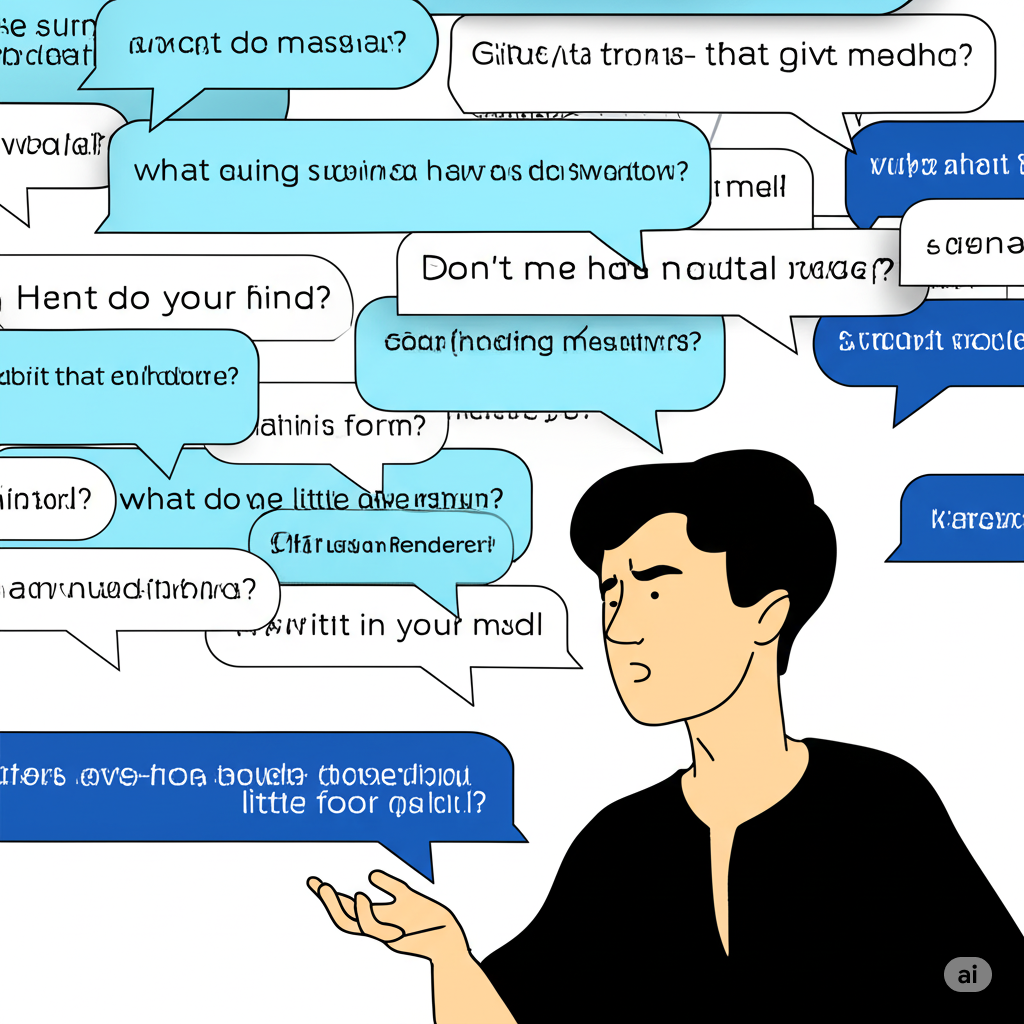The Mirror Effect of AI
Have you noticed yourself using words like “delve,” “bolster,” or “meticulous” more often? You’re not alone—and it might be because of ChatGPT.
A recent study by the Max Planck Institute has uncovered a subtle yet powerful phenomenon: a growing number of people are beginning to mirror ChatGPT-style language in everyday conversations, podcasts, YouTube content, and even informal chats. This isn’t just anecdotal; the study shows a ~50% increase in the usage of such polished vocabulary since 2022.
This trend has created what researchers are calling a “cultural feedback loop.” We train AI with our language, it processes and refines it—and then we unconsciously start to adopt its refined version back into our own speech.
The Study: ChatGPT’s Lingual Imprint
Researchers analyzed over 30,000 hours of podcast audio, transcribed YouTube content, and real-time speech samples from informal interviews and daily conversations. Their focus was on the frequency of high-register, stylistically neutral words commonly used by ChatGPT.
Key Findings:
- Words like delve, articulate, enhance, bolster, and nuance are appearing 50–70% more frequently since the launch of ChatGPT in late 2022.
- The trend is strongest among digital creators, educators, and tech-savvy youth.
- Phrases like “Let’s unpack that” or “In a broader context” are replacing more casual alternatives.
While the overall trend has not yet overtaken natural speech diversity, its trajectory is steep—and rising.
Why Are People Adopting AI’s Style?
There are several plausible explanations for this linguistic shift:
- Exposure and Repetition
- Millions interact with AI models daily. Exposure to certain patterns naturally increases the likelihood of mimicking them.
- Perceived Intelligence
- ChatGPT’s tone is often polished, balanced, and formal. Emulating it may subconsciously feel like speaking more intelligently or credibly.
- Algorithmic Optimism
- Many online creators rely on AI-generated scripts or edits, which introduce these phrases into common media consumption.
- Efficiency and Structure
- ChatGPT’s sentence structures are clear and concise, making them attractive for speakers aiming for better communication.
Cultural Feedback Loop: A Double-Edged Sword
The concept of a cultural feedback loop isn’t new. Technologies from radio to autocorrect have shaped human language before. But AI adds a unique twist—it learns from us, but faster and on a much larger scale.
Upside:
- Enhances clarity and formalism
- Encourages intentional speech
- Expands vocabulary exposure for non-native speakers
Downside:
- Risks flattening linguistic diversity
- May suppress regional slang, personal voice, and spontaneity
- Could create a sense of linguistic homogenization, especially among digital natives
The Human Voice vs. AI’s Voice
What’s most striking is that while ChatGPT’s tone is often praised for its neutrality and diplomacy, true human communication thrives on imperfection—pauses, emotions, colloquialisms, inside jokes, sarcasm, and rhythm.
Adopting too much AI-style communication might lead to a world where everyone sounds articulate—but no one sounds unique.
🤔 Did You Know?
The word “delve,” once rarely used outside academic papers, has now doubled in frequency in tech podcasts and YouTube explainers since 2023.
What Can Be Done?
We don’t need to choose between AI fluency and human authenticity. Instead:
- Educators and creators can mix AI-generated scripts with personal touches.
- Linguists and social scientists can track and study this feedback loop’s evolution.
- Users should be mindful of balancing AI polish with their own voice.
AI doesn’t have to erase individuality. With awareness, we can collaborate with technology without losing cultural nuance.
The Bigger Picture
This trend marks more than a stylistic change—it’s a signal of how deeply AI is integrating into our cognitive and cultural fabric. As we become co-authors with machines in everything from emails to essays, the very way we express ourselves will continue to evolve.
The key challenge? Ensuring that human identity, diversity, and emotion remain central to that evolution.
Conclusion: Speaking Through the Mirror
AI is no longer just a tool we use—it’s a linguistic mirror reflecting back refined versions of ourselves. As we teach machines to speak like us, they’re now teaching us to speak like them.
This feedback loop isn’t necessarily good or bad. It’s simply a new stage in our evolving relationship with language—and it’s up to us to steer it with intention.









+ There are no comments
Add yours